When I was a kid listening obsessively to AC/DC and Iron Maiden and Black Sabbath, I despaired of music writers. How come none of them – except the staff of Kerrang! magazine and a couple of writers on Sounds – could see the majesty and splendour of this music? Why were they always banging on about flipping Echo and the Bunnymen and Joy Division, or harking back to old man Dylan? These days, all three of those bands are to some degree or another as revered. Not everyone loves them, but you won’t find many serious critics – even those who don’t personally care for ‘Whole Lotta Rosie’, ‘The Number of the Beast’ or ‘War Pigs’ – who’ll simply write them off as worthless.
That’s because what you hear as a teenager informs your judgments forever. Today’s critics either grew up loving those bands like me or were part of a generation where liking them was not considered somehow déclassé. Historically, it has been the perpetual fate of many very popular artists to receive their due from critics years after they got popular – at the point when the people who despised the music have been replaced.
It’s a little startling now to think that Madonna – for so long venerated as if she were the first person to think about sex, religion and dance music or the intersection of the three – was treated as a bit of a joke by the mainstream music press. ‘Competence meets mediocrity and is rarely inspired’, said NME of her debut album. ‘A wandering, worthless exercise’, it said of her second, Like a Virgin, in a review headlined ‘Virgin on the ridiculous’.
Well, just look at her now, the long-reigning Queen of Pop, touring a show that celebrates her whole career, right back to the albums NME disdained. For a start, this is one of the greatest arena spectacles I’ve ever seen – the production is astounding (I wonder how she feels about U2 having launched their Las Vegas megashow a week earlier, given it’s the only thing capable of overshadowing this). Like David Byrne’s American Utopia, it’s a show without a fixed point – there were a series of walkways and platforms extending halfway into the arena floor, with Madonna and her 24 dancers spending most of the show moving between them, barely using the main stage.
Each song was its own incredible set piece. In ‘Live to Tell’ giant screens unfurled to reveal projected portraits of those who had died of Aids, while Madonna was transported above the crowd. For ‘Erotica’, parallel beams of light formed boxing rings on three platforms. During ‘Like a Prayer’, dancers appeared to be suspended from a revolving carousel of crucifixes. The constant movement put the show among the crowd, making it far less of a gig than a piece of theatre.
It was also far less of a gig because it was performed to backing tracks. And Madonna herself was, I suspect, often singing along to tracks – during ‘Into the Groove’, she choked into her microphone, yet the words continued to be audible, and at times there were changes in vocal tone so abrupt I felt sure she had switched from a track to singing live mid-song. What’s more, she came on so late she had to drop the final act from the show, which when you’ve charged up to £450 for the best seats, really is unforgivable. That said, I’d gladly go again. It was like nothing I’ve ever witnessed.
A few nights earlier, the pop-punk band Blink-182 played the same room. They found fame at the very end of the last century and the first years of this one, playing music that mixed puerile humour and desperate earnestness. Were I ten years younger I might have loved them. As it is, I always thought they were awful (with the exception of their one undeniable classic, the single ‘All the Small Things’), and the main point of interest at the show was the contrast between my own boredom and the joy of everyone else there.
Really, though, it’s no different to my own love of AC/DC. I have no problem with that band having a 68-year-old guitarist who dresses up as a schoolboy and a 76-year-old singer offering nothing but the crudest of sexual innuendos. So why did I roll my eyes at 47-year-old Tom DeLonge and 51-year-old Mark Hoppus making jokes about the toilet habits and sexual behaviour of their respective mothers? Why was I wholly unamused by the lyrics of the song ‘Family Reunion’? (Look them up: I don’t think the Spectator would print them if I included them.) Simply because I was too old for Blink-182 when they became known. Blink-182 aren’t part of the canon yet, but don’t bet against it happening as my generation disappears.
Got something to add? Join the discussion and comment below.
Get 10 issues for just $10
Subscribe to The Spectator Australia today for the next 10 magazine issues, plus full online access, for just $10.
You might disagree with half of it, but you’ll enjoy reading all of it. Try your first month for free, then just $2 a week for the remainder of your first year.

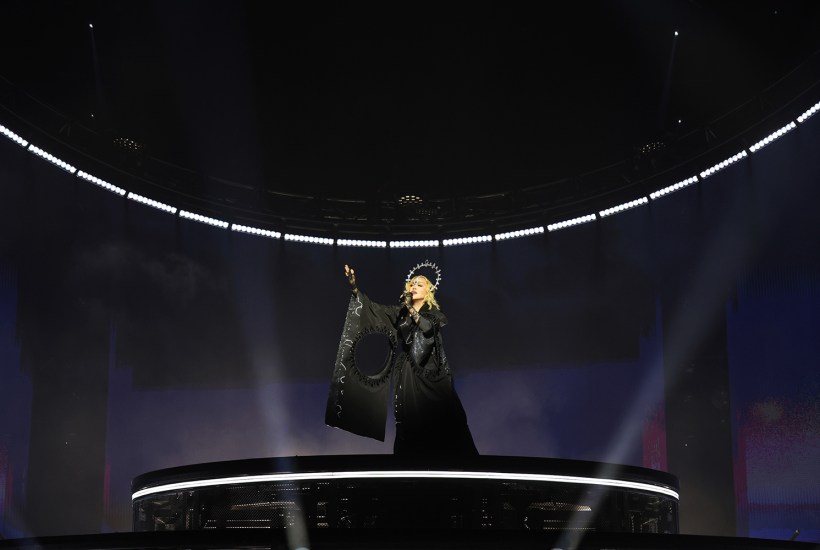
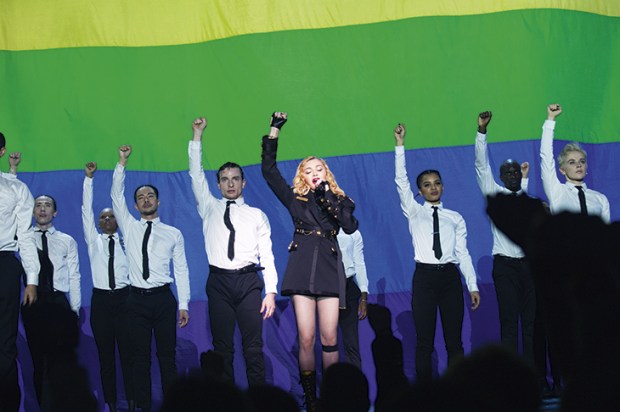
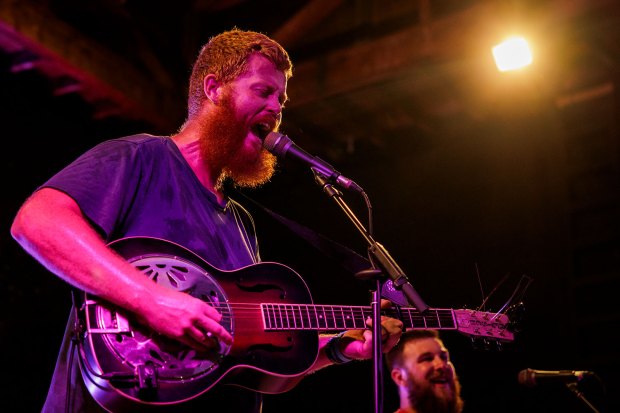
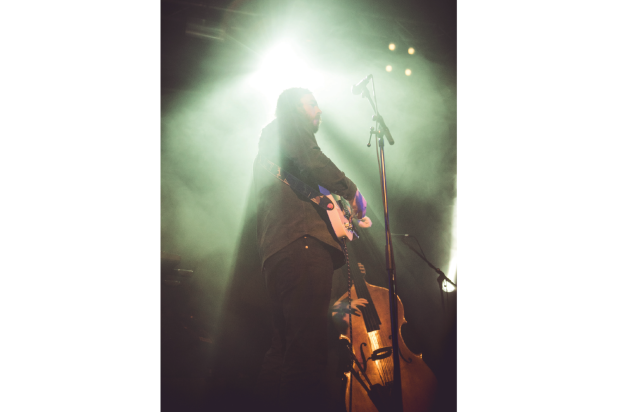
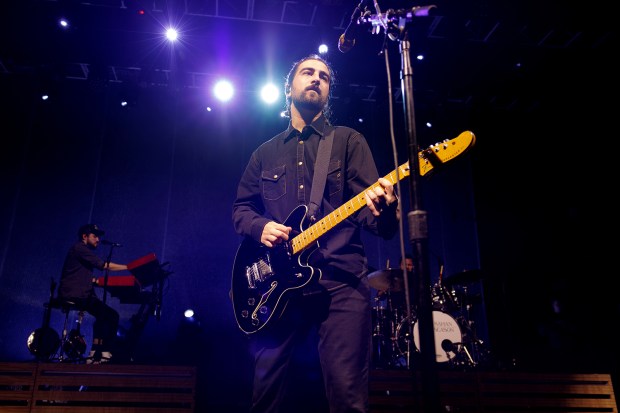

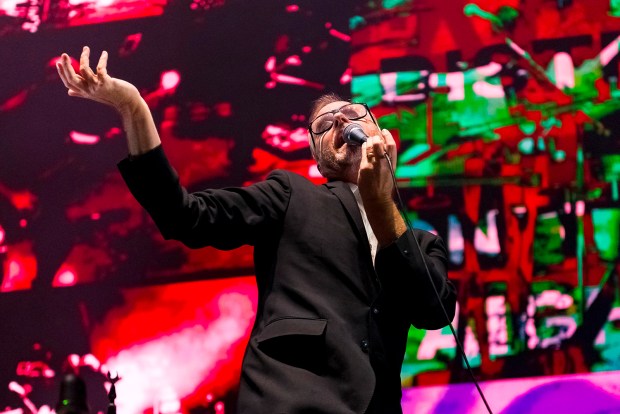






Comments
Don't miss out
Join the conversation with other Spectator Australia readers. Subscribe to leave a comment.
SUBSCRIBEAlready a subscriber? Log in